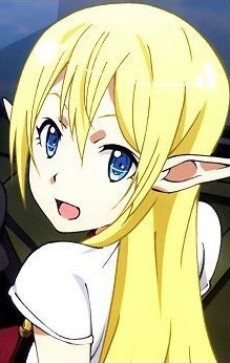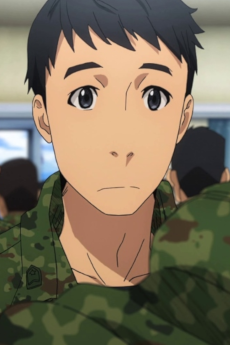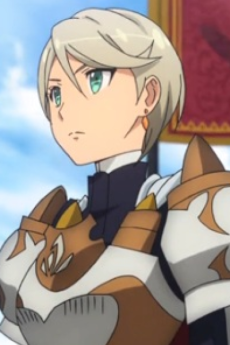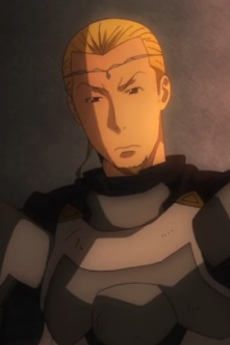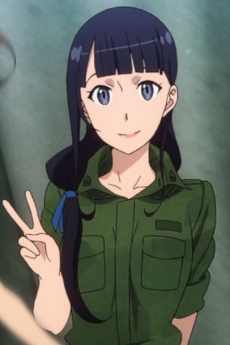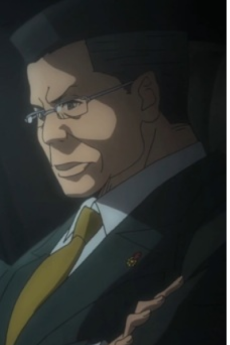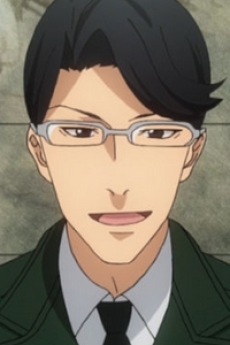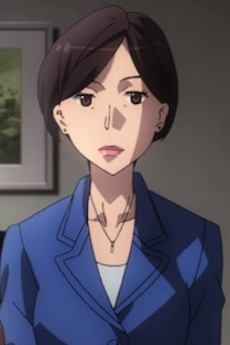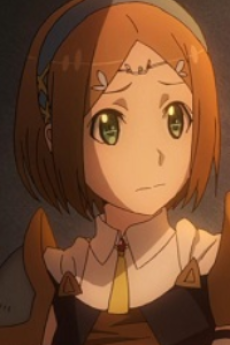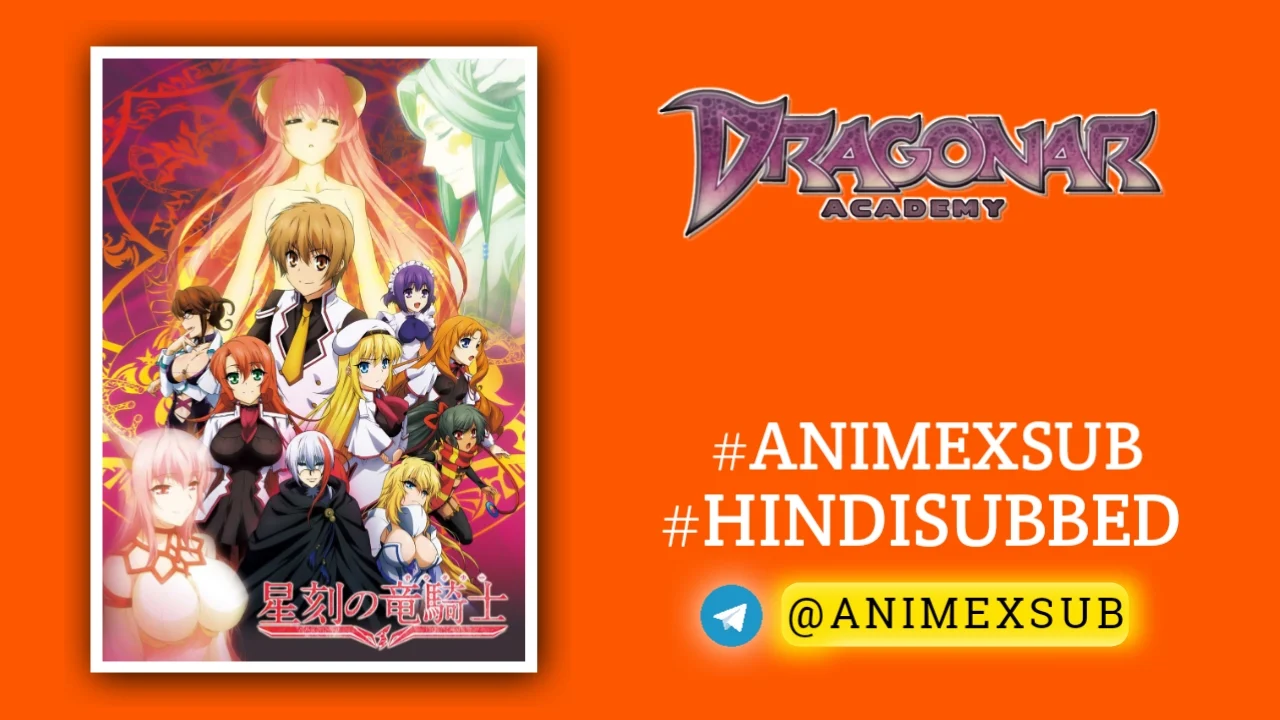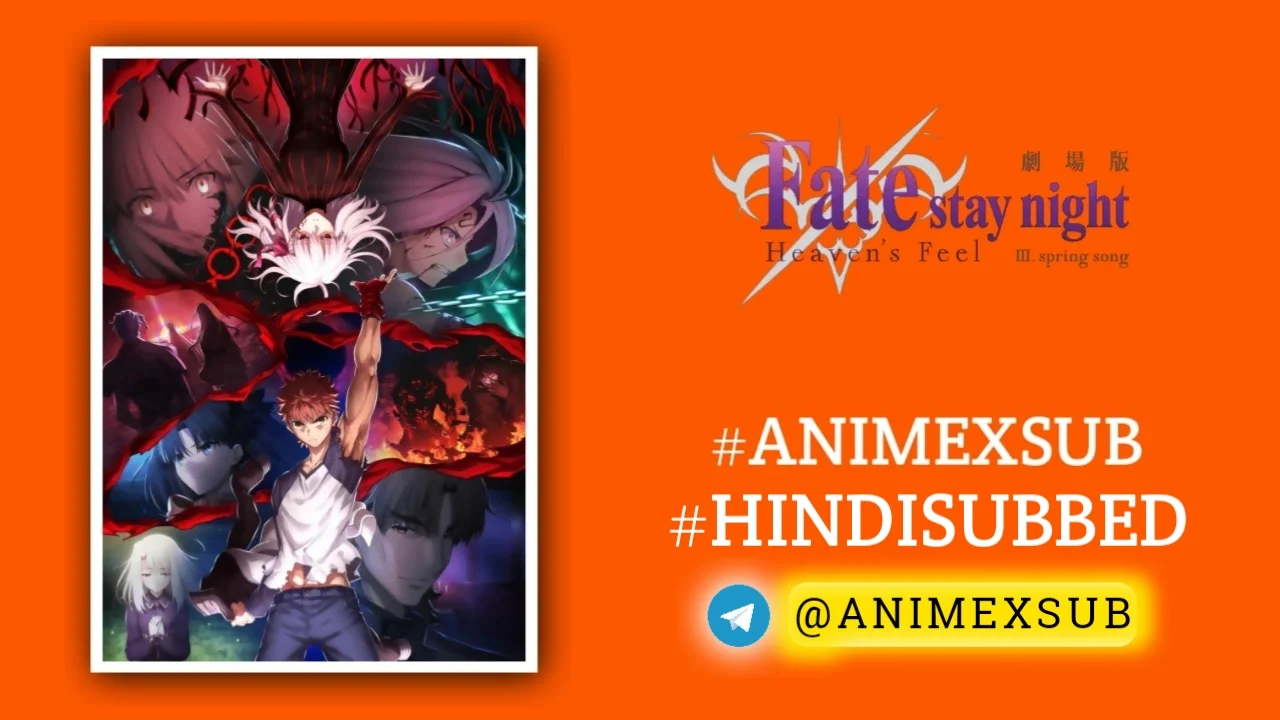
GATE Season 1 Hindi Subbed [24/24] | Gate: Jieitai Kanochi nite, Kaku Tatakaeri Hindi Sub
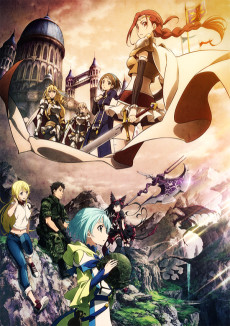
GATE: Jieitai Kanochi nite, Kaku Tatakaeri
GateSynopsis
The military fantasy series begins when a gate appears in Tokyo's Ginza district sometime in the 21st century. From the gate pours out monsters, knights from middle-age Europe, and other fantasy-like beings, and they kill many of the citizens of Tokyo. This event is known as the Ginza Incident. The government sends a small group of soldiers from the Japanese Self-Defense Forces (a replacement for Japan's military) to the alternate world beyond the gate. Led by otaku soldier Youji, they find that the villages in the world are being attacked by a dragon. An elf girl who is a survivor from the dragon's rampage joins the group in their travels across the dangerous new world. (Source: Anime News Network)
Watch Trailer
Characters
Episodes
Gate: Jieitai Kanochi nite, Kaku Tatakaeri Season 1 – A Bold Clash of Worlds
Gate: Jieitai Kanochi nite, Kaku Tatakaeri (Gate: Thus the JSDF Fought There!) Season 1 is a genre-defying anime that throws modern military might into a fantastical medieval world, creating a narrative that’s as thought-provoking as it is action-packed. Airing from July to September 2015, with its second cour from January to March 2016, this adaptation of Takumi Yanai’s novel series stands out for its ambitious premise, complex character dynamics, and unflinching exploration of cultural and political collisions. This review dives into what makes Gate Season 1 a unique and compelling experience, focusing on its narrative depth, character arcs, and thematic nuances, while steering clear of promotional fluff.
A Portal to Uncharted Narrative Territory
The story begins with a bang: a mysterious portal opens in Tokyo’s Ginza district, unleashing Roman-esque soldiers and fantastical creatures that wreak havoc. The Japan Self-Defense Forces (JSDF) swiftly repel the invaders, and First Lieutenant Yōji Itami, a 33-year-old otaku and JSDF officer, is tasked with leading a reconnaissance team into the “Special Region” beyond the Gate. This setup alone is a masterstroke, blending isekai tropes with military realism. Unlike typical isekai where a lone hero navigates a fantasy world, Gate pits a modern army against dragons, mages, and empires, creating a power imbalance that’s both thrilling and ripe for exploration.
What sets Season 1 apart is its refusal to shy away from the consequences of this clash. The JSDF’s technological superiority—think attack helicopters versus wyverns—delivers jaw-dropping action, but the show doesn’t revel in mindless spectacle. Instead, it questions the ethics of overwhelming force, the complexities of cross-cultural diplomacy, and the geopolitical ripples of Japan’s exclusive access to the Gate. The narrative weaves in real-world parallels, such as international powers eyeing the Special Region’s resources, without preaching or oversimplifying. This layered storytelling makes Gate feel like a war drama as much as a fantasy adventure.
Characters: Flawed, Human, and Memorable
The heart of Gate lies in its ensemble cast, led by Yōji Itami, a refreshingly unconventional protagonist. As an otaku who prioritizes his hobbies yet steps up during crises, Itami is neither a flawless hero nor a self-insert fantasy. His laid-back demeanor masks a sharp tactical mind, and his knowledge of fantasy tropes (drawn from his love of anime and games) gives him an edge in navigating the Special Region. His growth from a reluctant leader to a protector of both worlds is subtle but rewarding, grounded by Jun’ichi Suwabe’s nuanced voice performance.
The supporting cast is equally compelling, particularly the Special Region’s inhabitants. Princess Piña Co Lada, voiced by Haruka Tomatsu, is a standout—a noblewoman torn between her empire’s pride and the reality of the JSDF’s dominance. Her arc, from naivety to pragmaticалит
System: diplomatic pragmatism, is a fascinating study in navigating her position as an imperial princess and her growing respect for Itami. Rory Mercury, the demigoddess, brings an enigmatic blend of ferocity and mystique, while Lelei La Lena, the young mage, offers quiet intelligence and magical prowess. These characters, along with others like the elf Tuka Luna Marceau, add emotional depth and diversity to the story, their interactions with the JSDF highlighting cultural misunderstandings and bonds that transcend worlds.
However, the show doesn’t shy away from flaws in its character portrayals. Some criticize the “harem-like” dynamics around Itami, which can feel forced and occasionally detract from the narrative’s gravitas. Yet, these moments are brief and don’t overshadow the strong character-driven storytelling. The anime balances humor, camaraderie, and tension, making the cast feel like a dysfunctional yet endearing family.
Thematic Depth: Power, Politics, and Morality
Gate Season 1’s greatest strength is its willingness to tackle complex themes without easy answers. The show examines the morality of imperialism through the JSDF’s actions in the Special Region. While they bring aid and protection, their presence disrupts the local power structure, raising questions about interventionism. The depiction of the Empire’s brutal tactics, like Prince Zorzal’s tyranny, contrasts with the JSDF’s restraint, but the anime subtly hints at the arrogance of unchecked power. This nuance is rare in anime, especially in the isekai genre, which often leans on escapism over introspection.
The political subtext is another layer of intrigue. Written by a former JSDF officer, the series has been criticized for nationalistic undertones, with the JSDF portrayed as near-invincible saviors. However, Season 1 mitigates this by showing their vulnerabilities—Itami’s team faces logistical challenges and moral dilemmas, and their government hesitates to fully commit to the Special Region. The show also critiques global powers, with nations like the U.S., China, and Russia scheming to exploit the Gate, reflecting real-world geopolitical tensions. This grounded approach elevates Gate beyond typical anime fare, inviting viewers to ponder the ethics of power projection.
Visuals and Sound: A Feast for the Senses
A-1 Pictures delivers a visual spectacle in Season 1, with vibrant depictions of the Special Region’s lush landscapes and gritty battle scenes. The contrast between modern military tech and fantasy elements—like tanks versus dragons—is rendered with meticulous detail, making every action sequence pop. The animation shines in large-scale battles, such as the defense of Italica, where the chaos of war feels visceral yet coherent.
The soundtrack, composed by Yoshiaki Fujisawa, complements the tone perfectly. The opening theme, “Gate: Sore wa Akatsuki no Yō ni” by Kishida Kyōdan & The Akeboshi Rockets, is a rousing anthem that captures the show’s adventurous spirit, while the score balances intense battle themes with quieter, emotional moments. The voice acting, in both Japanese and English dubs, is top-notch, with the English cast (led by David Wald as Itami) delivering a surprisingly natural performance for dubbed anime.
Pacing and Structure: A Double-Edged Sword
Season 1’s 24 episodes are split into two cours, covering the initial exploration of the Special Region and escalating conflicts with the Empire. The pacing is generally strong, with a mix of action, diplomacy, and character moments. However, the second cour accelerates, skipping some novel content to wrap up the arc, which can feel rushed. This is a minor blemish on an otherwise well-structured season that balances world-building with plot progression.
A Unique Place in Anime History
Gate Season 1 carves a niche in the anime landscape by blending military realism with fantasy in a way few shows have attempted. Its closest cousins, like Outbreak Company, lean lighter and softer, while Gate embraces the grit of war and the weight of cultural exchange. The show’s collaboration with the JSDF Tokyo Provincial Cooperation Office adds authenticity to its military depictions, but it also sparked debate about propaganda. Regardless, its ability to entertain while posing tough questions about power and responsibility makes it a standout.
Final Verdict
Gate: Jieitai Kanochi nite, Kaku Tatakaeri Season 1 is a bold, ambitious anime that delivers thrilling action, rich characters, and thought-provoking themes. Its exploration of modern military versus fantasy world dynamics is executed with creativity and nuance, making it a must-watch for fans of isekai, war dramas, or geopolitical intrigue. While not without flaws—such as occasional harem tropes and a rushed second cour—it remains a unique and impactful series that pushes the boundaries of its genre. Whether you’re drawn to epic battles, complex diplomacy, or the clash of worlds, Gate Season 1 offers a journey unlike any other.


